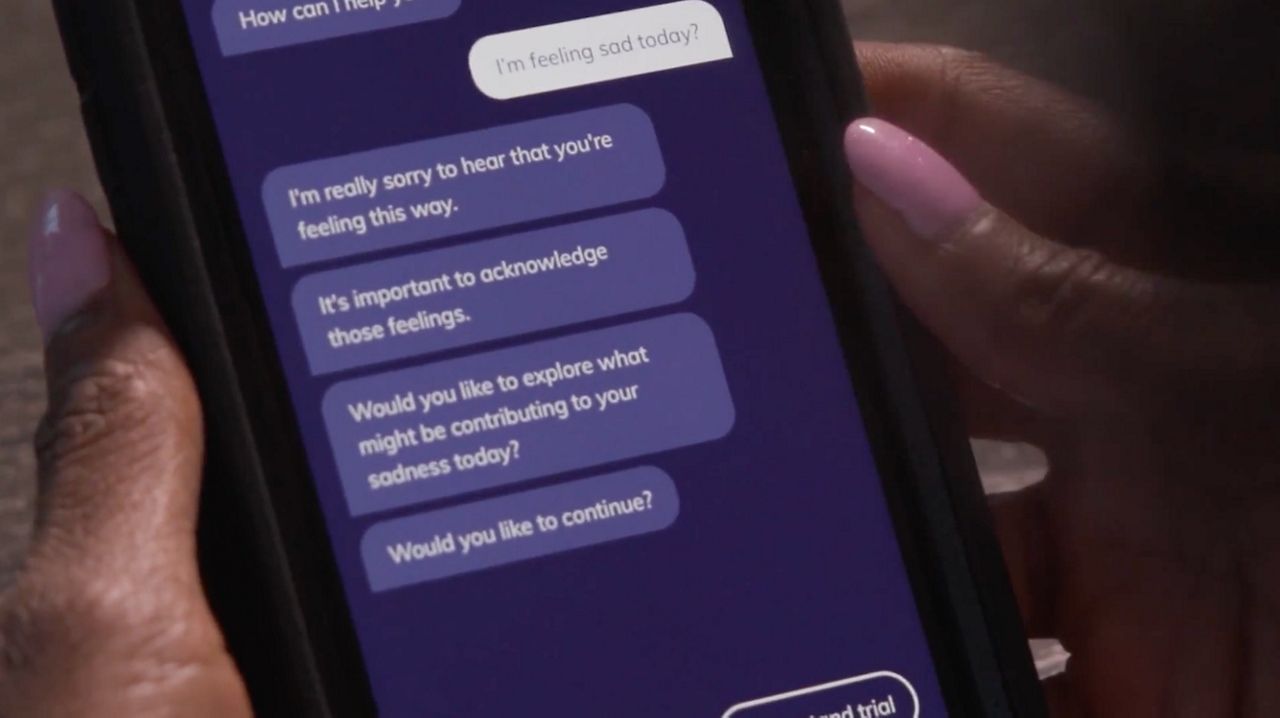RALEIGH, N.C. — A bill nearly identical to an effort to legalize medical marijuana in North Carolina last year has started the legislative process this year.
NC Compassionate Care Act has received early support in the state senate
The bill addresses conditions qualifying for the use of medical marijuana
Emma Macadam, runs a hemp shop, says many are looking for alternative forms of pain treatment
The NC Compassionate Care Act is designed to offer comfort to people experiencing life-debilitating conditions and illnesses.
The 2023 version of the bill passed the N.C. senate judiciary committee. Along with the potential legalization of medicinal marijuana, the bill also sets up a framework for its growth, sale and use for a number of health conditions.
There’s a real demand for alternative coping strategies with the public. The bill is sponsored by two Republicans and one Democrat, which speaks to its wider appeal.
Emma Macadam will tell you there’s a hunger for safe pain relief products for people of all backgrounds. The 27-year-old has seen the desire from customers who purchase products at her hemp shop on Glenwood Avenue in Raleigh.
“I had a friend whose mom gets infusions in their bloodstream and this helps afterward,” Macadam said.
Macadam said all kinds of customers walk into the Redhead Hemp store.
“If people are unsure what milligram dose is right for them, they can come here and try a variety of items,” she said. “Depending on what people are trying to accomplish.”
Macadam’s hair is the inspiration for the store’s name.
Chocolates, gummies, seltzers, pre-rolls and even liquid drops are on the shelves.
Macadam said she knew the cultural climate had swayed in favor of non-mainstream forms of pain relief. The store owner said she got into the right line of work.
“I wanted to open this store because hemp has made a really positive impact in my own life and for my own stress and anxiety, and I wanted to open a place where people felt comfortable asking questions and coming into the store,” she said.
Macadam said people are looking for reasons not to take a pill to physically feel better.
“All the time we have people coming in telling me how they have stopped using their pain meds or their sleeping meds and how it’s really been a huge blessing for them to try this stuff,” she said.
Which is where the bill ties into her store. She said some of her customers include patients currently enduring chemotherapy for cancer.
These are some of the same people who would qualify to receive medical marijuana under the proposed bill.
“The demand is there. It’s obvious that there’s a high demand. There are so many hemp stores in the area and there’s a lot of competition,” she said.
Much has to happen before the proposal becomes a reality. Until then, this female-owned business will continue to fill that need.
“It makes me feel great. It’s been a lot of hard work, and it’s really rewarding,” she said.
This is a list of some of the qualifying debilitating medical diagnoses or conditions included in the compassionate care bill:
- Cancer
- Epilepsy
- HIV
- PTSD
If the bill becomes law, a compassionate use advisory board, made up of doctors, scientists and a program participant, would advise on the addition of future conditions that qualify.









-4)